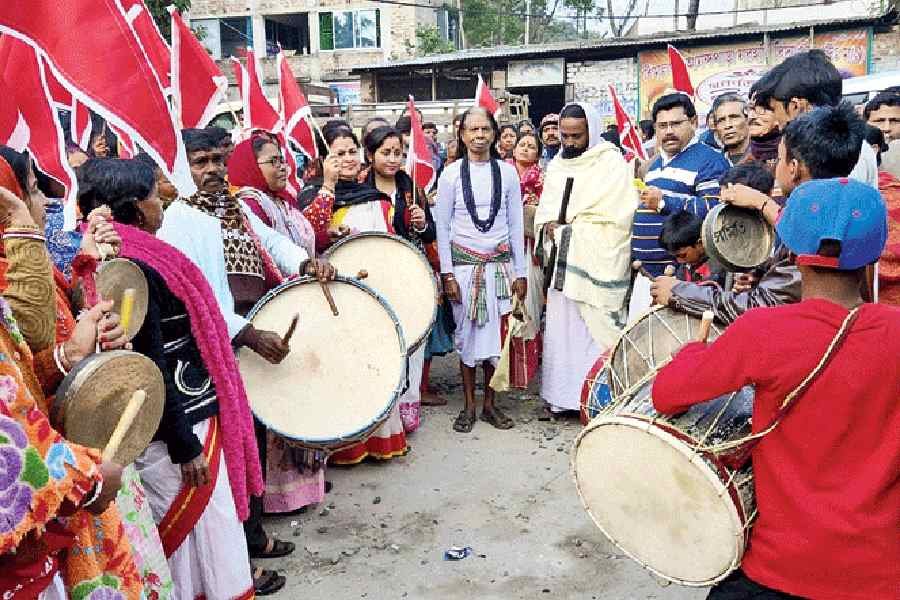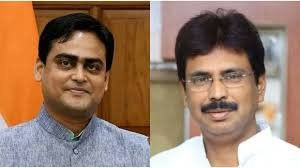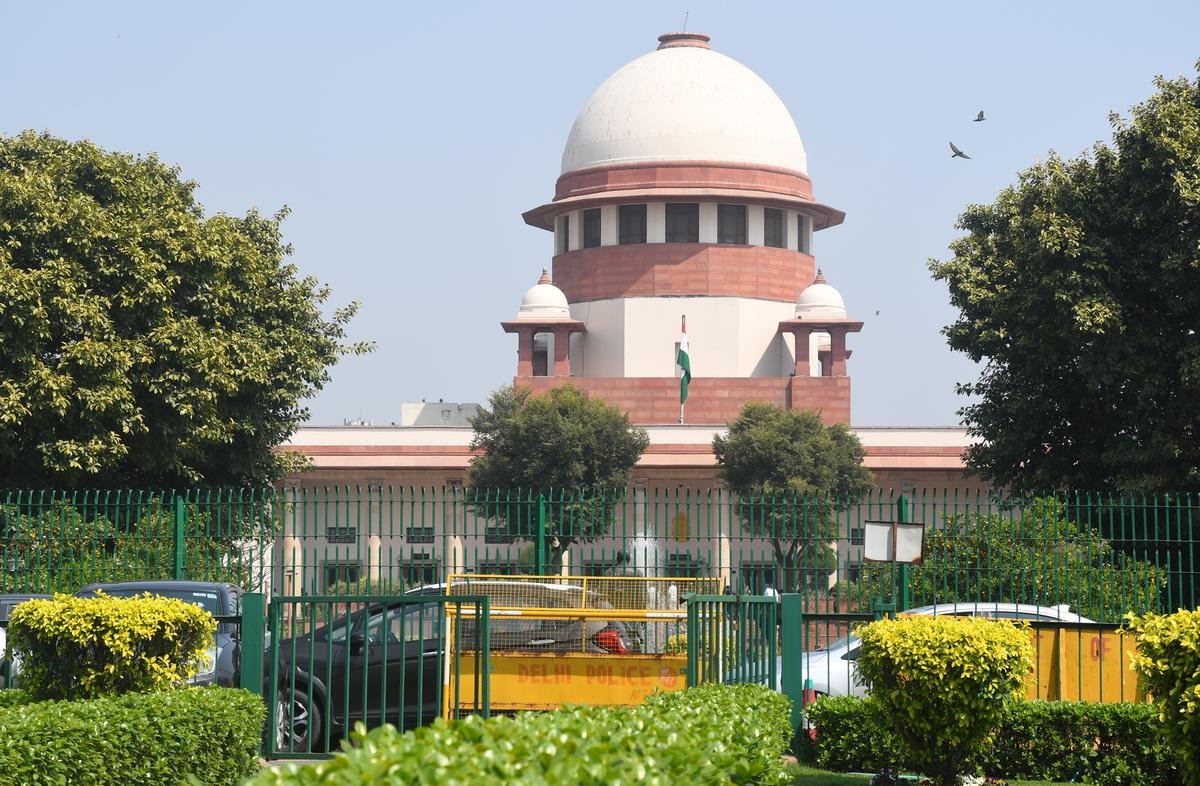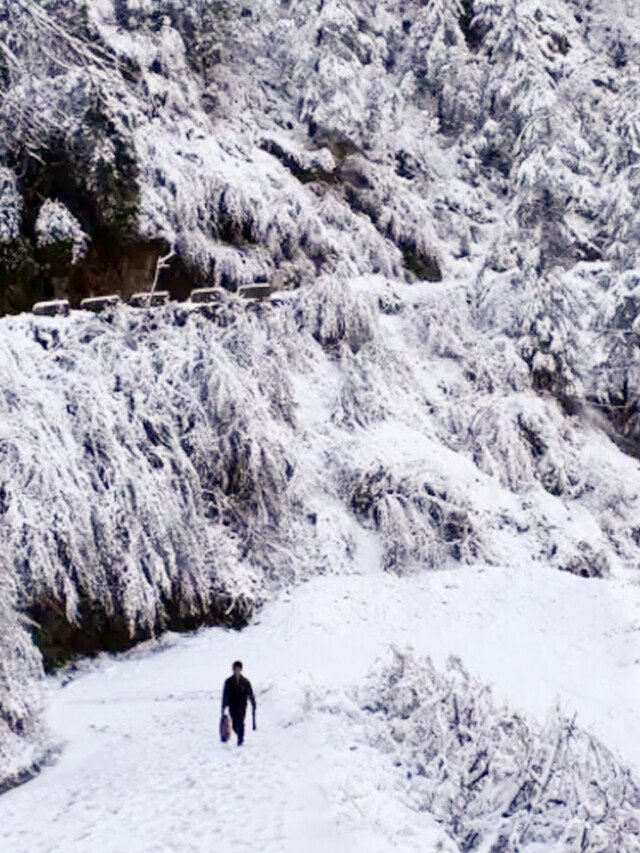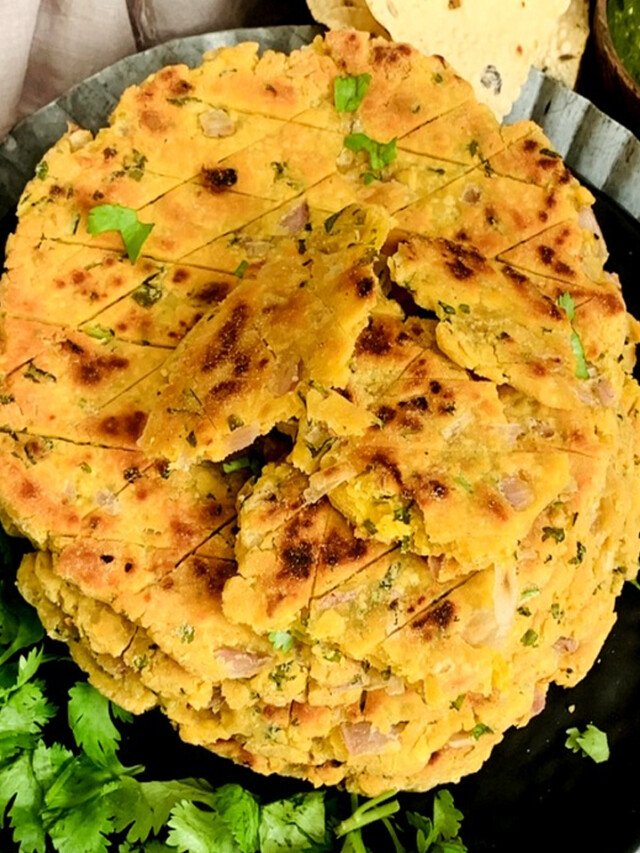KOLKATA, March 11: A section of West Bengal’s Matua community celebrated the implementation of the Citizenship (Amendment) Act (CAA) 2019 at the headquarters of the sect in Thakurnagar, North 24 Parganas, on Monday, claiming it to be their ‘second independence day’.
Matuas, originally from East Pakistan, are a weaker section of Hindus who migrated to India during the Partition and after the creation of Bangladesh.
The community, with an estimated population of three million in the state, can tilt the scales in favour of a political party in more than 30 assembly seats in Nadia, and North and South 24 Parganas districts bordering Bangladesh.
Members of the Matua community celebrated the occasion by beating drums and exchanging pleasantries and expressed their gratitude towards Prime Minister Narendra Modi, Union Home Minister Amit Shah, and local MP and Union minister Santanu Thakur for the Act’s implementation.
They hailed the moment as a defining one for them, expressing joy at finally being granted citizenship. They referred to it as their “second independence day”.
However, a TMC supporter from the area, belonging to the sect, claimed that people of the community had previously obtained voter ID cards, ration cards, and Aadhaar cards, which were deactivated by the BJP a month ago.
The Matuas had once stood behind the TMC but supported the BJP in the 2019 Lok Sabha polls.
The rules for implementation of the contentious Citizenship (Amendment) Act (CAA) 2019 were notified on Monday, paving the way for granting citizenship to undocumented non-Muslim migrants from Pakistan, Bangladesh and Afghanistan, according to officials.
With the CAA rules being issued, the Modi government will now start granting Indian nationality to persecuted non-Muslim migrants from Bangladesh, Pakistan and Afghanistan who came to India till December 31, 2014. These include Hindus, Sikhs, Jains, Buddhists, Parsis and Christians. (PTI)


